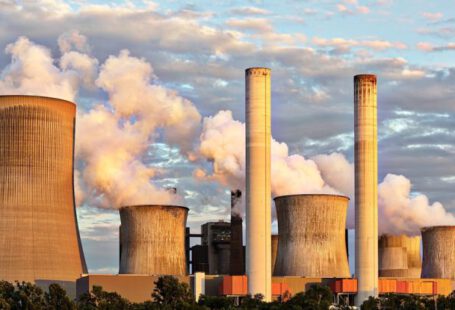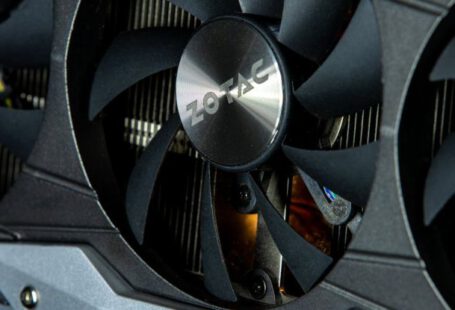Ensuring that your system temperatures are monitored effectively is paramount in maintaining optimal performance and preventing potential disasters. From personal computers to industrial machinery, temperature control plays a crucial role in preserving the longevity and functionality of your equipment. Let’s delve into why monitoring system temperatures is of utmost importance.
The Risks of Overheating
When system temperatures are not closely monitored, the risk of overheating becomes a significant concern. Overheating can lead to irreversible damage to your hardware components, resulting in costly repairs or replacements. CPUs, GPUs, and other vital parts can suffer from thermal stress, causing them to degrade quickly and potentially fail altogether. By monitoring system temperatures regularly, you can identify and address any issues before they escalate, safeguarding your equipment and investment.
Performance Optimization
Efficient temperature monitoring is not only about preventing damage but also about optimizing performance. Many hardware components operate most efficiently within a specific temperature range. When temperatures exceed these optimal levels, the system may throttle performance to reduce heat generation, resulting in decreased speed and responsiveness. By keeping temperatures in check, you can ensure that your devices perform at their best, delivering the speed and reliability you expect.
Enhanced Stability and Reliability
Fluctuating temperatures can compromise the stability and reliability of your systems. Sudden temperature spikes or drops can lead to system crashes, data loss, and unexpected downtime. Monitoring system temperatures allows you to detect abnormalities and potential malfunctions early on, enabling you to take proactive measures to maintain stability and reliability. By keeping temperatures within the recommended range, you can minimize the risk of system failures and ensure uninterrupted operation.
Preventing Safety Hazards
In industrial settings, monitoring system temperatures is crucial for ensuring workplace safety. Machinery and equipment that operate at high temperatures pose a fire hazard if not properly monitored and controlled. By implementing robust temperature monitoring systems, you can prevent overheating incidents that could lead to fires, explosions, or other safety hazards. Protecting both your equipment and personnel from potential dangers is essential in maintaining a secure work environment.
Energy Efficiency
Monitoring system temperatures also plays a role in promoting energy efficiency. Overheating can result in increased energy consumption as systems work harder to dissipate excess heat. By optimizing temperatures and ensuring proper cooling mechanisms are in place, you can reduce energy consumption and operating costs. Efficient temperature management not only benefits your equipment but also contributes to a more sustainable and environmentally friendly operation.
Early Detection of Cooling System Failures
In addition to monitoring system temperatures, it is crucial to keep an eye on the performance of your cooling systems. Faulty fans, clogged air vents, or malfunctioning cooling mechanisms can lead to inadequate heat dissipation and increased temperatures. By monitoring both system temperatures and cooling system performance, you can detect potential failures early and take corrective actions to prevent overheating incidents. Regular maintenance and monitoring can help you address cooling system issues before they impact your equipment.
Conclusion: Safeguarding Your Systems for Longevity
Monitoring system temperatures is not just a matter of convenience; it is a critical aspect of maintaining the health and longevity of your equipment. By staying vigilant and proactive in monitoring temperatures, you can prevent damage, optimize performance, enhance stability, ensure safety, promote energy efficiency, and detect cooling system failures early on. Investing in robust temperature monitoring systems and practices is an investment in the reliability and longevity of your systems, ultimately safeguarding your assets and operations.





